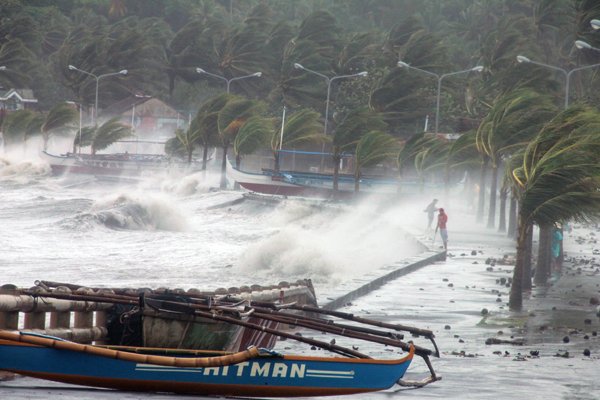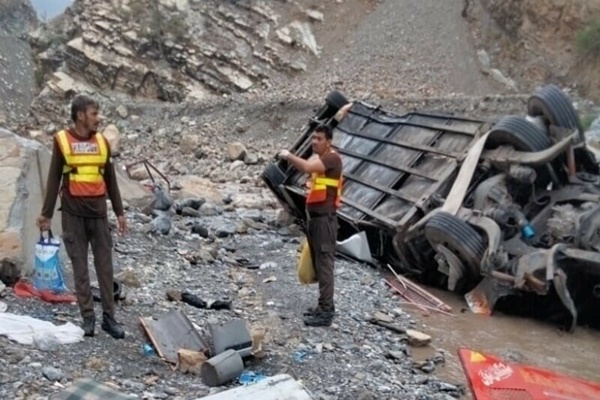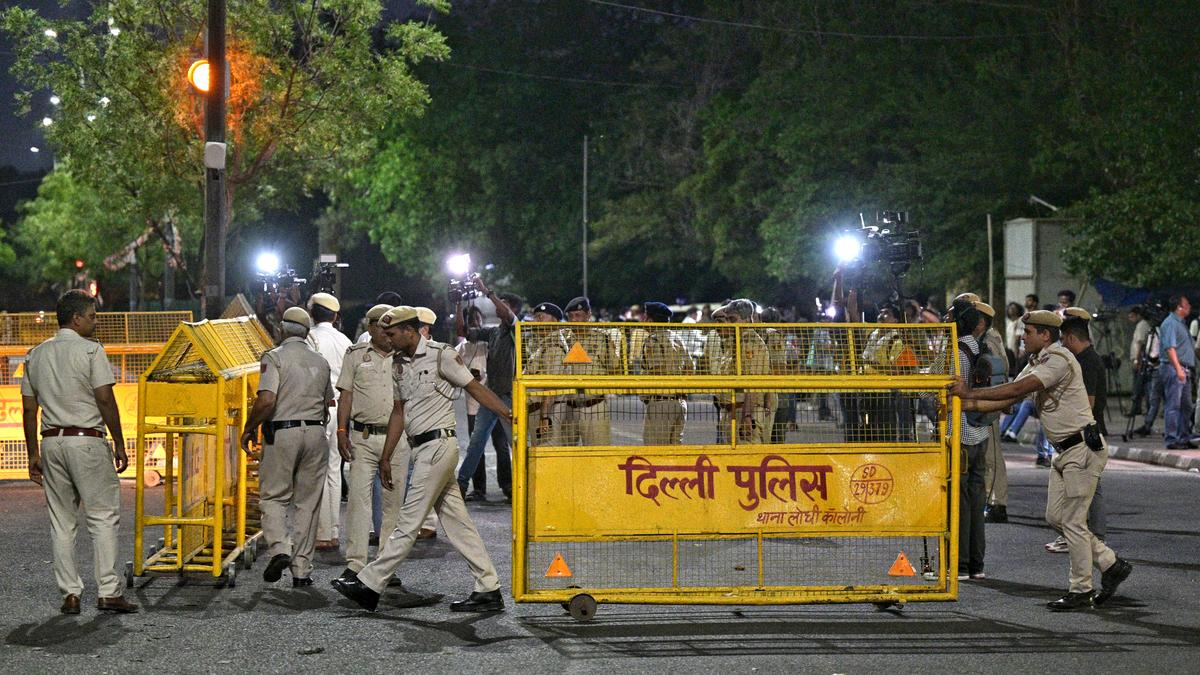Philippines evacuates 700,000 people ahead of typhoon
Mon 14 Dec 2015, 13:04:32

Manila: More than 700,000 people fled the central Philippines amid threats of giant waves, floods and landslides as powerful Typhoon Melor approached the archipelago nation, officials said today.
Melor brushed the northern tip of Samar, a farming island of 1.5 million people early Monday, with winds gusting at 185 kilometres (115 miles) per hour, the state weather bureau said. There were no immediate reports of casualties or damages.
Samar was among areas devastated in 2013 by Typhoon Haiyan, when giant waves wiped out entire communities, leaving 7,350 people dead or missing.
Authorities warned that Melor's powerful winds had the potential to whip up four-metre (13-feet) high waves, blow off tin roofs and uproot trees while heavy rains within its 300-kilometre diameter could trigger floods and landslides.
In Albay province alone, almost 600,000 people were evacuated due to fears that heavy rains could cause mudslides on the slopes of nearby Mayon Volcano, according to the
national disaster monitoring office.
national disaster monitoring office.
Residents carrying bags of clothes and water jugs clambered onto army trucks in Albay's Legazpi City, as authorities sounded an evacuation alarm, according to an AFP photographer at the scene. Huge waves crashed into the city's deserted boulevard as palm trees swayed amid strong winds.
An additional 130,000 people were also evacuated in nearby Sorsogon. The latest typhoon is expected to cut across the country's central heartlands in the early hours of Tuesday before heading out to the South China Sea in the west.
The government had prepared more than 200,000 food packs and other emergency items ahead of the storm's landfall, social welfare secretary Corazon Soliman told DZMM radio.
The Philippines is battered by an average of 20 typhoons annually.
Typhoon Koppu, the last deadly storm to hit the country, killed 54 people and forced tens of thousands others to flee their homes after it pummelled the northern Philippines in October.
No Comments For This Post, Be first to write a Comment.
Most viewed from International
Most viewed from World
AIMIM News
Latest Urdu News
Most Viewed
May 26, 2020
Do you think Canada-India relations will improve under New PM Mark Carney?
Latest Videos View All
Like Us
Home
About Us
Advertise With Us
All Polls
Epaper Archives
Privacy Policy
Contact Us
Download Etemaad App
© 2025 Etemaad Daily News, All Rights Reserved.






.jpg)



































